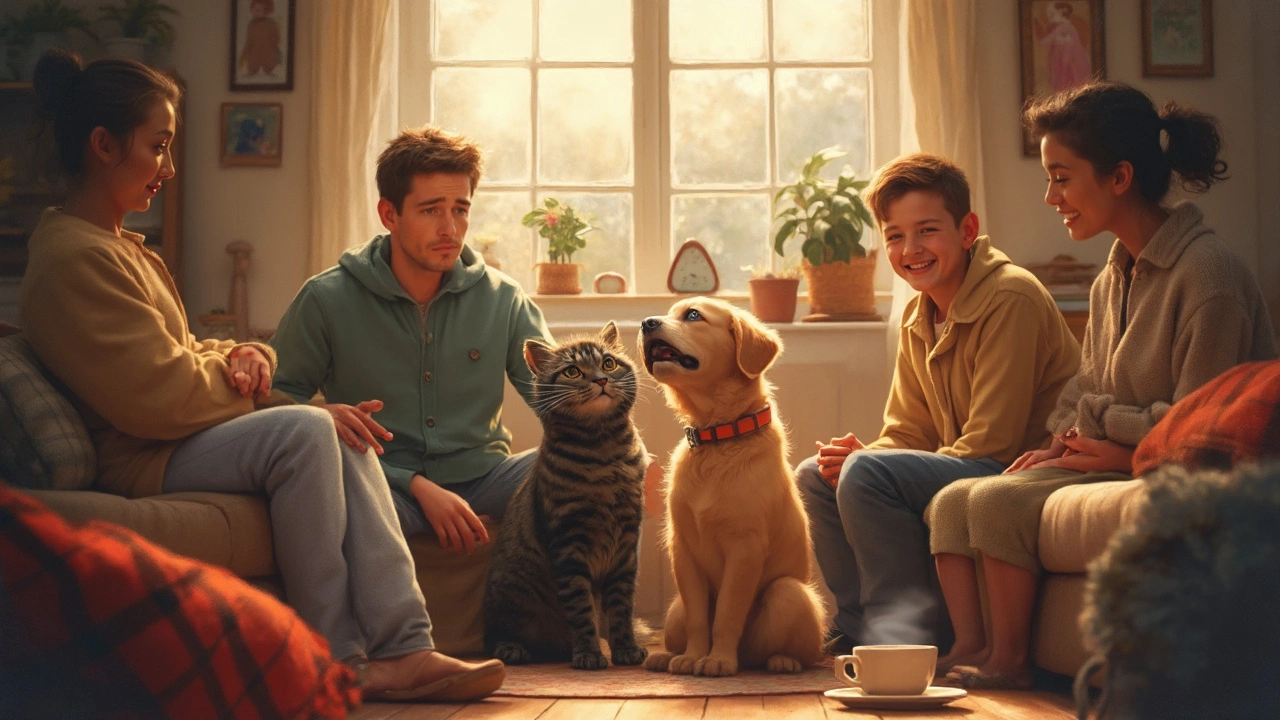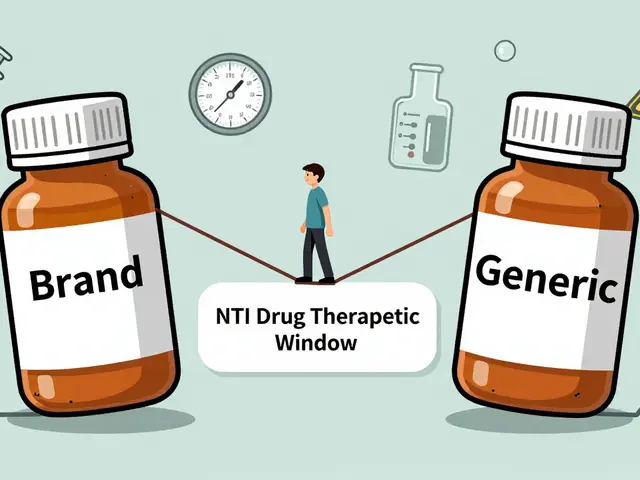Pet Hiccups: Causes, Quick Fixes, and When to Call the Vet
Hiccups in pets are common and usually harmless. You’ll notice a twitchy diaphragm and a soft, repetitive sound or spasm. Puppies and kittens get them more often because their bodies are still growing. Most adult dogs and cats have hiccups only occasionally after eating fast or getting excited.
What causes hiccups in pets?
Hiccups happen when the diaphragm contracts suddenly. Common triggers include eating or drinking too fast, gulping air while panting, sudden excitement, or mild stomach upset. In some cases, hairballs in cats or gulped food in dogs can irritate the diaphragm. Less often, respiratory infections, gastroesophageal reflux, or exposure to smoke and strong fumes can cause hiccups that last longer.
Short hiccup fits that stop in a few minutes are normal. Watch for coughing, trouble breathing, vomiting, pale gums, or lethargy—those are signs something more serious might be going on.
Quick fixes at home
Try these simple, low-risk steps first. Slow down meals: use a slow-feeder bowl, spread food on a flat tray, or give several small meals instead of one big one. Offer a few sips of water—some pets hiccup less after swallowing. Calm your pet: reduce play intensity and let them rest quietly until hiccups subside.
For puppies and kittens, gently stroking the chest or holding them upright for a minute can help. For cats, helping them pass a hairball (with a vet-approved laxative or malt paste) may stop hiccups tied to hairball issues. Avoid home remedies meant for humans; never force a pet to hold its breath or give medicines without vet approval.
If hiccups happen after exercise, let your pet cool down and rest. If they occur around feeding time, change feeding habits: raised bowls can help some dogs, while cats often do better with frequent small servings.
When to call the vet
Contact your vet if hiccups last more than 24 hours, come back often, or occur with other signs like coughing, noisy breathing, blue or pale gums, vomiting, or a change in appetite or behavior. Those symptoms might point to infections, blockages, or respiratory or heart problems that need prompt care.
If your pet seems in distress, can’t breathe normally, collapses, or has very pale or blue gums, go to an emergency clinic right away. Describe how long the hiccups have lasted, what triggers you’ve noticed, and any other symptoms—this helps the vet decide next steps fast.
Most pet hiccups are short-lived and not a big deal. Small changes at home—slower meals, calmer play, and attention to hairballs or hydration—fix most cases. When in doubt, a quick call to your vet will set your mind at ease and keep your pet safe.
Ever heard your dog or cat making odd hiccup noises and wondered what’s going on? This article unpacks why pets get hiccups, what triggers them, and if you need to worry. You’ll learn how to spot when it’s normal and when it needs a vet visit. There’s also simple advice for treatment at home and smart ways to keep hiccups from happening. By the end, you’ll feel a lot more confident dealing with pet hiccups.
View Details

